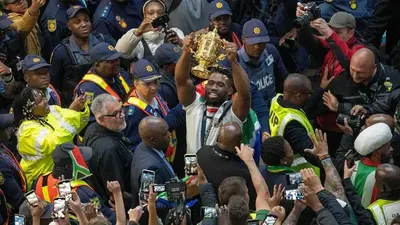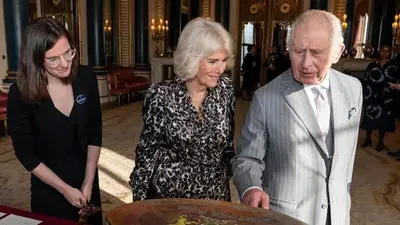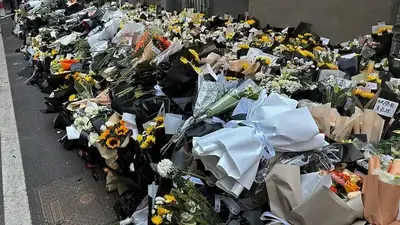World News
How Wagner Group leader Yevgeny Prigozhin rose with Putin, then turned on him
Yevgeny Prigozhin, the leader of Russian private military company the Wagner Group, which played a key role in Russia's invasion of Ukraine before briefly launching an insurrection against the Russian military, and President Vladimir Putin by extension, is presumed dead in a plane crash.
Prigozhin was on the passenger list of a plane that crashed in Russia's Tver region on Wednesday, according to the press service of Russia's Federal Air Transport Agency. Ten people in total were killed in the crash, the agency said.
"An investigation has been launched into the crash of the Embraer aircraft, which occurred tonight in the Tver region. According to the list of passengers, among them is the name and surname of Yevgeny Prigozhin," the department said in a statement.
Wagner Group co-founder Dmitriy Utkin is also presumed to have died in the crash, the agency said.
Prigozhin, a longtime ally of Putin, co-founded Wagner Group in 2014 with Russian military officer Utkin at the onset of the Russian-Ukrainian conflict after Putin invaded Crimea.
The group's moniker reportedly came from a nickname for Utkin or is a reference to the composer Richard Wagner. Prigozhin was known in the West by the nickname "Putin's chef," because of how he and Putin met decades earlier, when Prigozhin was a restauranteur.

Prigozhin long denied having any involvement in the group until late 2022 when he publicly confirmed his role, months into Russia's invasion of Ukraine. The White House estimated that at one stage around 50,000 fighters from the Wagner Group were fighting in Ukraine, the majority of them convicts recruited from Russian prisons.
In early 2023, the U.S. labeled Wagner a "significant transnational criminal organization" and levied new sanctions against the group, not only because of their action in Ukraine but also because of Wagner links to mass executions, abductions and other human rights abuses in the Central African Republic and Mali, according to the U.S. Treasury Department. Wagner Group also allegedly operated in Syria and in various African countries.
Wagner operated for years as a deniable military force for the Kremlin, in Syria and across Africa. Prigozhin's influence ballooned during the war in Ukraine, as Putin came to increasingly rely on his forces, particularly in the bloody battle for the eastern city of Bakhmut. Once in the shadows, Prigozhin grew famous for his videos lambasting Russia's military leadership for the disastrous handling of the war, publicly feuding with Russia's minister of defense Sergey Shoigu and chief of the general staff, Valery Gerasimov.
Wagner's insurrection against Russian military leadership began on June 23, 2023, when Prigozhin accused the Russian military of deliberately shelling his forces in Ukraine that day.

"There are 25,000 of us and we are coming to sort things out...Those who want to join us, it's time to finish with this mess," Prigozhin said then, appearing to threaten armed rebellion against Russia's Military leadership.
The next morning, on June 24, Prigozhin said his forces had taken control of the southern Russian city of Rostov-on-Don, seizing the headquarters of Russia's Southern Military District that oversaw much of the war in Ukraine.
Prigozhin demanded defense minister Shoigu and the head of the general staff Gerasimov be handed over to him, threatening he would march on Moscow, saying, "We are moving forward and will go until the end."
In a televised address that aired that morning, Putin responded by declaring that actions taken by Prigozhin amounted to a "stab in the back."
By the early afternoon, a column of Wagner forces reached the Voronezh region, about 300 miles south of Moscow, apparently unopposed by Russian forces along the way. The march halted that evening when Prigozhin suddenly announced his mercenaries would turn back to their base camps, saying he wanted to avoid shedding Russian blood.
MORE: Russian rebellion timeline: How the Wagner uprising against Putin unfolded and where Prigozhin is now
But just hours later, with the column less than 100 miles from Moscow, Prigozhin abruptly announced his mercenaries were turning back and ended his mutiny, saying he wanted to avoid shedding Russian blood.
The stunning reversal followed an apparent deal struck with Putin, with the Kremlin announcing that Prigozhin would relocate to Belarus and would not be prosecuted for his actions.
But many observers questioned whether the Kremlin would remain so forgiving.
"His long-term survivability is hard to calculate," a senior U.S. official told ABC News, after Prigozhin's stand-down.
Prigozhin himself insisted he had never intended a "coup" against Putin and had merely been seeking "justice" for his Wagner fighters in their dispute with Shoigu and Russia's military leadership.
In the weeks after the coup, Prigozhin dropped largely out of sight but appeared to have returned to work, baffling observers. While his media empire was reportedly dissolved, he remained in Russia, spotted at a summit in St. Petersburg for African leaders attended by Putin. Some Wagner troops moved to a camp set up in Belarus.

The Kremlin said Wagner would be absorbed into Russia's ministry of defense but some experts suggested Prigozhin might be permitted to continue operating in Africa, where Wagner has established significant influence in several countries, in particular Mali.
In recent weeks, Prigozhin and Wagner were being linked to the Military coup in Niger, where Prigozhin offered the junta Wagner's support.
Just two days before his death, Prigozhin posted what would be his last video, purportedly showing him in an African country, with armed fighters and promising to "make African even more free."
MORE: Prigozhin used false pretext to lead Wagner Group's armed insurrection against Russia: US official
Prigozhin was born on June 1, 1961, in Leningrad, Soviet Union, now Saint Petersburg. At one point he served nine years in prison for robbery, according to Meduza, a well-regarded Russian investigative news outlet based out of Latvia.
Prigozhin was freed in 1990 and returned to Saint Petersburg, selling hot dogs around the city before opening New Island, a posh restaurant on the city's waterfront. The floating restaurant soon became a watering hole for the country's elite, including the future president, Vladimir Putin.
In 2018, U.S. prosecutors charged Prigozhin for his suspected role in funding the Internet Research Agency, which the U.S. described as a Russian "troll farm" that sought to use digital campaigns to increase political and social tensions in the U.S. Prigozhin himself on social media in 2022 said "we have interfered [in elections], are interfering and will interfere."
ABC News' Benjamin Siegel contributed to this story.
-
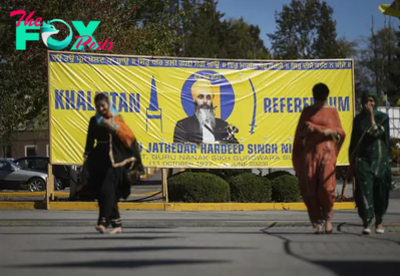
 World News5h ago
World News5h agoCanadian Police Make Three Arrests in Sikh Separatist Slaying That Sparked Spat With India
-

 World News23h ago
World News23h agoU.N. Official Warns That Famine in Northern Gaza Is Already ‘Full-Blown’
-
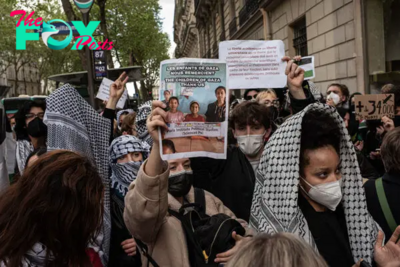
 World News23h ago
World News23h agoPro-Palestinian Protests Spark on College Campuses Across the Globe
-

 World News1d ago
World News1d agoU.K.’s Governing Conservatives Set for Historic Losses in Local Polls, Labour Urges General Election
-

 World News1d ago
World News1d agoThai Villagers Turn to Cartoon Cat as Extreme Heat Wave Leaves Much of Region Helpless
-
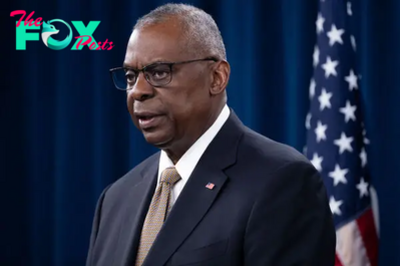
 World News1d ago
World News1d agoThe U.S. Is Assembling a ‘Squad’ of Allies to Counter China in the Indo-Pacific
-

 World News2d ago
World News2d agoA Wild Orangutan Used a Medicinal Plant to Treat a Wound, Scientists Say
-
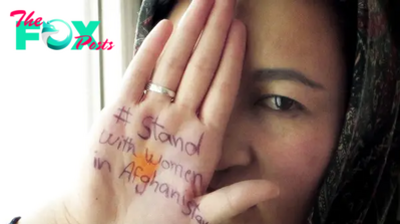
 World News2d ago
World News2d ago‘This Is a Film About the Women’s Resistance.’ What Bread & Roses Reveals About the Feminist Fight Against the Taliban




